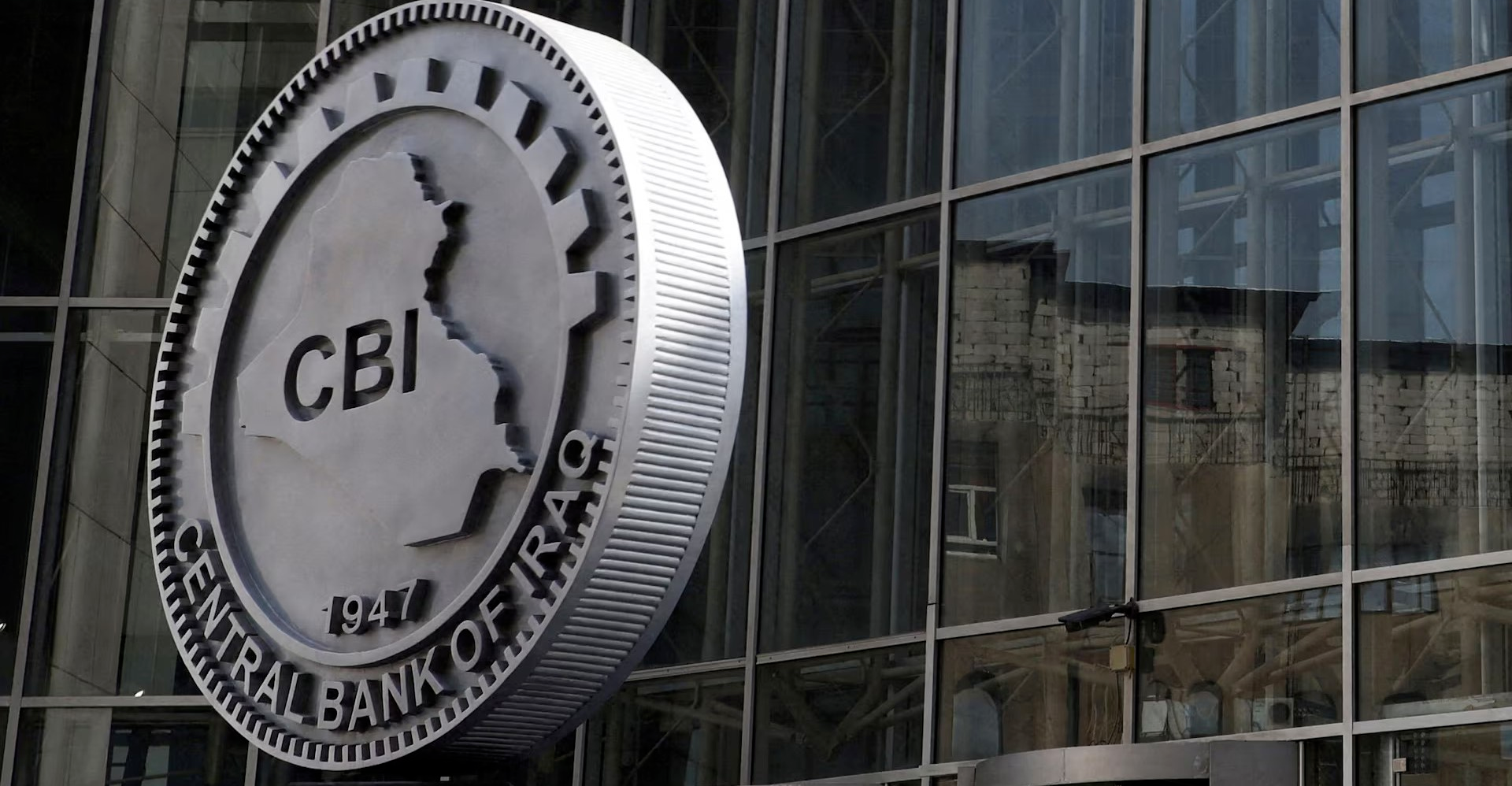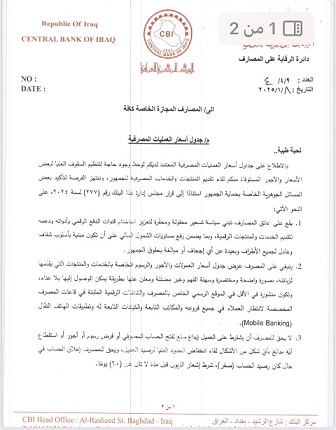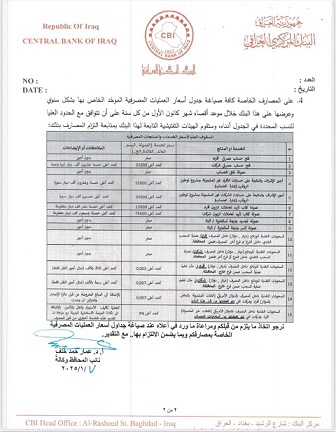IRAQI DINAR & KURDISTAN RELATION WITH IRAQ UPDATE
Highlights
- ⚖️ Stable Dinar Rate: The dinar has experienced minor fluctuations against the dollar but remains relatively unchanged overall.
- ⚠️ Urgent Meeting: An extraordinary meeting is scheduled between the Kurdistan government and the Iraqi parliament to address unpaid salaries.
- 😡 Kurdistan Discontent: The Kurdistan region is frustrated with the central government’s failure to pay financial dues, leading to potential threats of withdrawal.
- 🏛️ Political Tensions: The Kurds hold significant power in parliament and are considering drastic measures if their demands are not met.
- 🔄 Historical Context: The video discusses the longstanding tensions between Sunni and Shiite populations in Iraq and the implications for political stability.
- 💪 Focus on Personal Growth: The speaker encourages viewers to concentrate on their financial well-being and maintain a positive outlook.
Key Insights
📉 Fluctuations in the Dinar Exchange Rate: While the Iraqi dinar has shown stability, minor increases and decreases indicate underlying economic pressures. The absence of a significant “hockey stick” movement suggests that market expectations may not align with investor hopes, leading to a cautious atmosphere among currency traders. Continuous monitoring of the exchange rate is essential to identify potential trends that could affect investment strategies.
💰 Financial Strain on Kurdistan: The Kurdish government’s inability to receive financial dues has created a situation where employee salaries are jeopardized. Given that a substantial portion of Iraq’s economy relies on public sector employment, delays in salary payments could lead to widespread civil unrest. The Kurdistan Regional Government’s (KRG) frustrations reflect deeper systemic issues within the Iraqi government’s financial management.
🤝 Potential Withdrawal from the GOI: The Kurds’ threats to withdraw from the Iraqi government highlight the fragile nature of Iraq’s political landscape. If the KRG decides to act on these threats, it could lead to a power vacuum and increased tensions, potentially spiraling into conflict. This situation warrants close attention as it could significantly impact Iraq’s political stability and governance structure.
⚔️ Historical Sunni-Shiite Conflicts: The speaker references the historical animosities between Sunnis and Shiites as a backdrop to current political tensions. This longstanding divide complicates coalition-building efforts in the Iraqi parliament and can exacerbate conflicts, making it difficult for any government to maintain a unified front. Understanding this historical context is crucial for anyone analyzing Iraq’s political dynamics.
🔄 Oil and Gas Law Unresolved: The ongoing issues related to oil and gas laws, particularly Article 140, remain unresolved, which is a significant factor in the Kurdistan region’s discontent. The lack of clear regulations can lead to disputes over resource allocation and revenues, further straining relations between the KRG and the federal government in Baghdad.
🗳️ Political Leverage of the Kurds: With the KRG holding over 70 seats in parliament, they possess considerable political leverage. This power could be utilized not just to demand financial dues but also to influence broader legislative agendas. The Kurds’ ability to mobilize their political strength may be a double-edged sword, potentially leading to both negotiations and conflict.
🌱 Personal Financial Growth in Uncertain Times: Amidst the political and economic turmoil, the speaker advises viewers to focus on building multiple streams of income. This guidance reflects an understanding that personal financial security is essential, especially when economic conditions are unpredictable. Encouraging self-reliance and proactive financial planning can help individuals weather the storms of macroeconomic instability.


